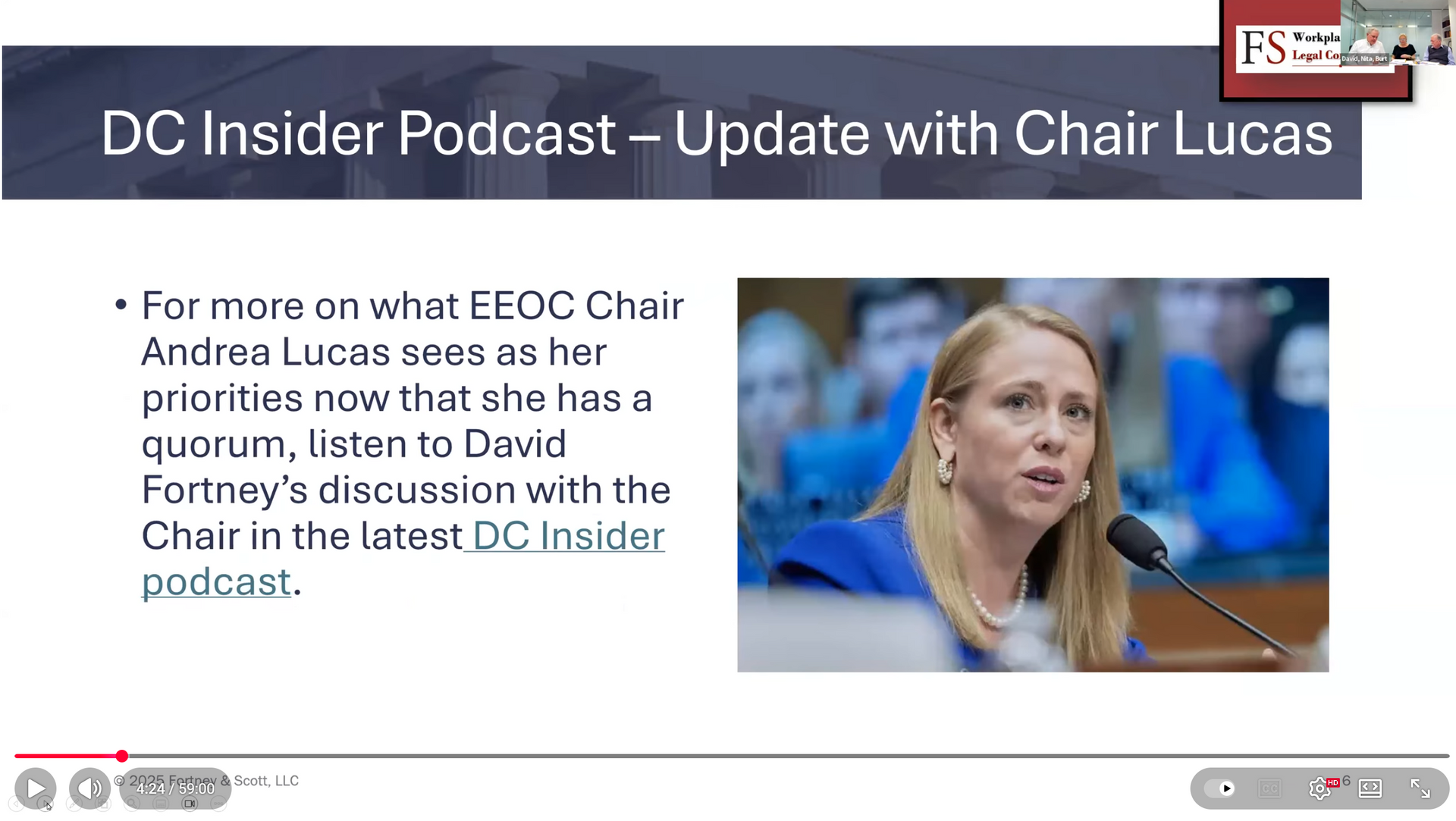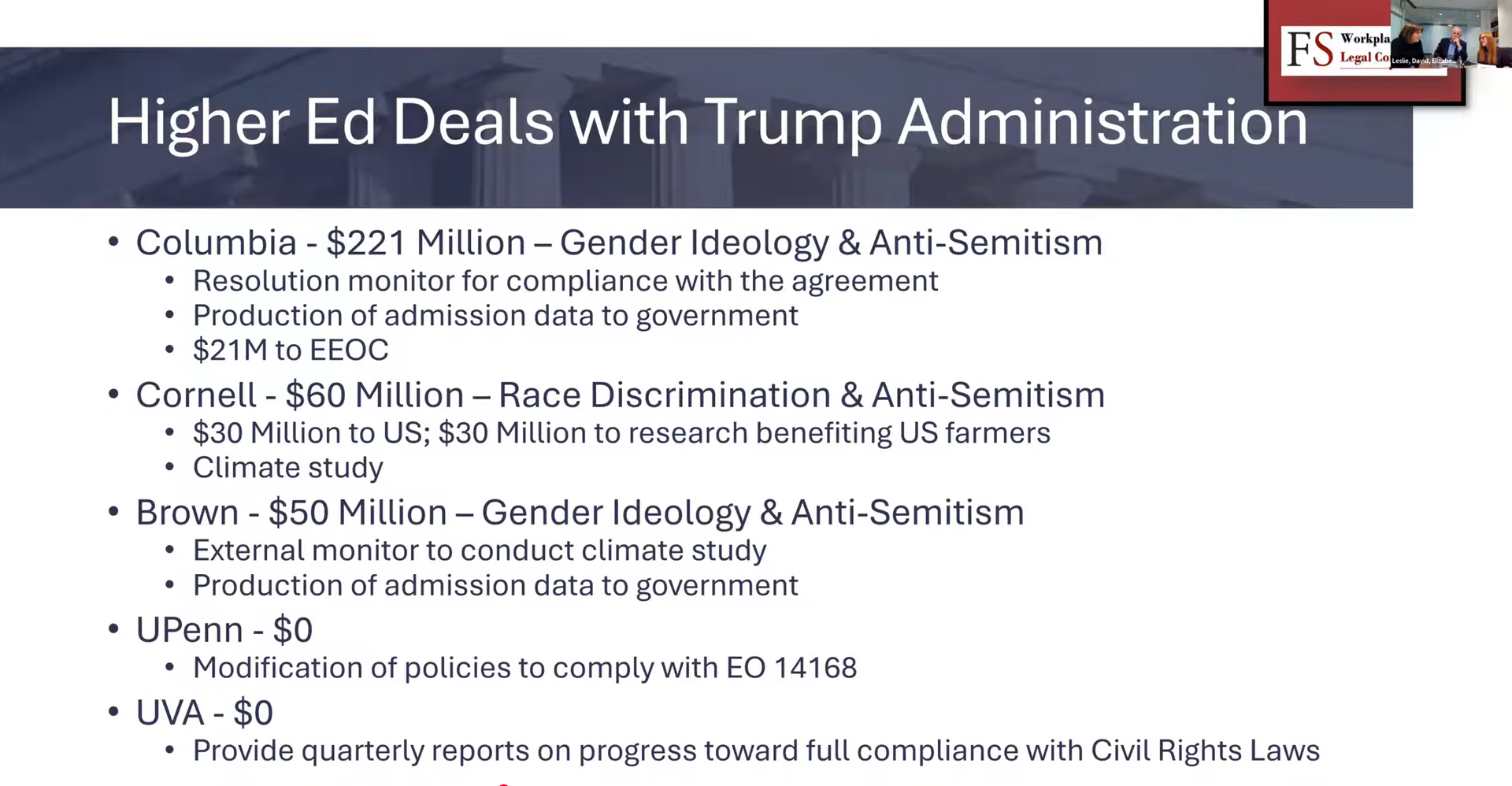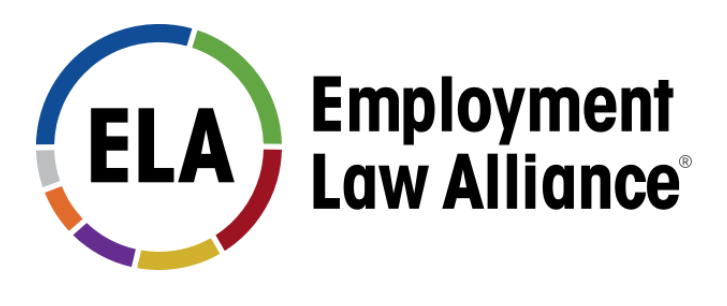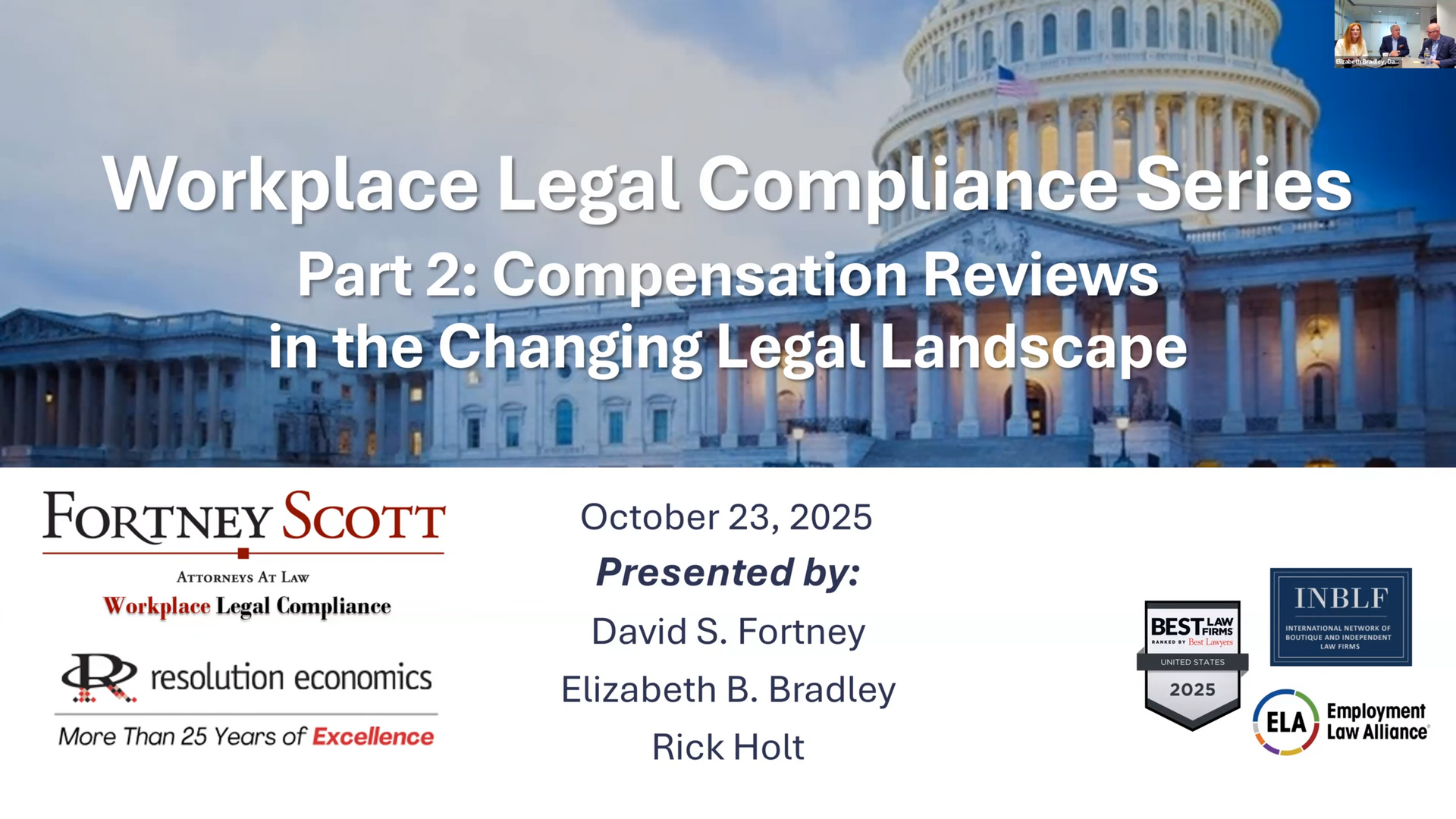Eleventh Circuit Allows Limited Enforcement of Mandate
Overview: Although much of the nation's attention has turned away from Covid, the courts continue to assess the enforceability of the federal contractor vaccine mandate created by Executive Order (“EO”) 14042. After the vaccine mandate was enjoined nationwide by the United States District Court for the Southern District of Georgia in December 2021, the Federal Government’s enforcement of EO 14042 was suspended. On Friday, August 26, 2022, the United States Court of Appeals for the Eleventh Circuit narrowed the nationwide injunction, allowing the Federal Government limited ability to enforce the vaccine mandate, while also affirming the rationale for the injunction. See Georgia v. President of the United States, No. 21-14269 (11th Cir. Aug. 26, 2022).
Latest on the Federal Contractor Vaccine Mandate
In the August 26th ruling, the Eleventh Circuit affirmed that the President did not have the authority to impose a vaccine mandate under the Federal Property and Administrative Services Act (“FPASA”), but that a nationwide preliminary injunction was overbroad. Instead of a nationwide injunction, the court ruled that the preliminary injunction should be limited to the parties before the court — (1) the seven U.S. states challenging the vaccination mandate when those states are functioning as contractors; and (2) the members of the Associated Builders and Contractors.
The revised injunction in Georgia v. President of the United States is one among many injunctions limiting the enforcement of the federal contractor vaccine mandate. The federal contractor vaccine mandate was also enjoined in Alaska, Arizona, Arkansas, Florida, Iowa, Kentucky, Missouri, Montana, Nebraska, New Hampshire, North Dakota, Ohio, South Dakota, Tennessee and Wyoming with appeals pending in the Sixth, Eighth, and Ninth Circuits, as well as a second appeal to Eleventh Circuit. An additional injunction is in place in Indiana, Louisiana, and Mississippi, but that injunction is limited to contracts between those states and the Federal Government.
The Safer Federal Workforce Task Force (‘Task Force”), which is responsible for issuing guidance on the implementation of EO 14042, has not issued updated guidance for contractors following the decision in Georgia v. President of the United States and the Task Force’s website still indicates that an injunction is in place nationwide. However, the Task Force guidance further states that the Federal Government will enforce the clause implementing EO 14042 in existing contracts in jurisdictions where it is not legally prohibited from doing so. Based on this direction, federal contractors may see new guidance from the Task Force and partial implementation of EO 14042 in the future.
FortneyScott will continue to follow this issue and provide analysis on new developments. Please contact your FortneyScott attorney or email info@fortneyscott.com for information on how these developments affect your company’s federal contractor obligations.


















